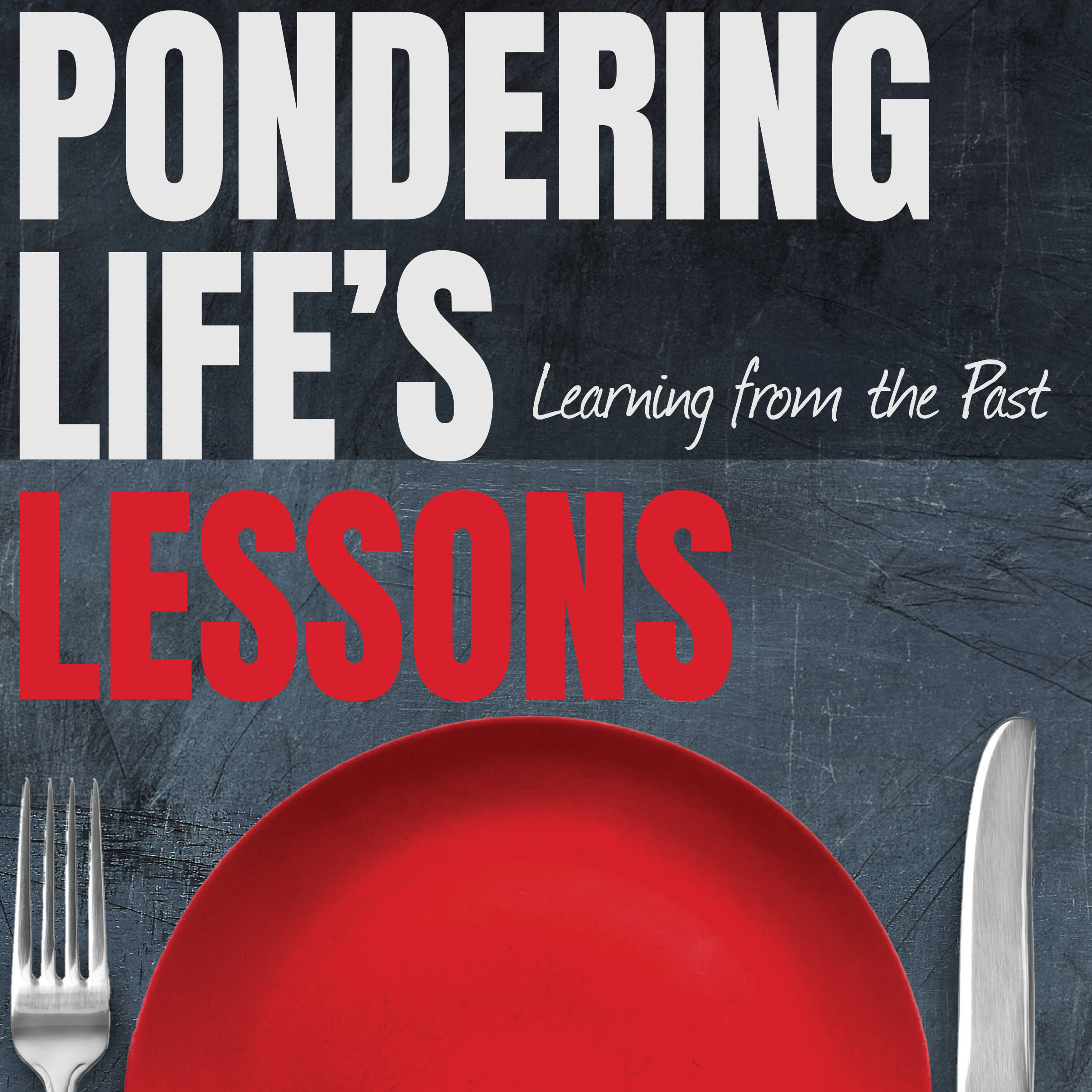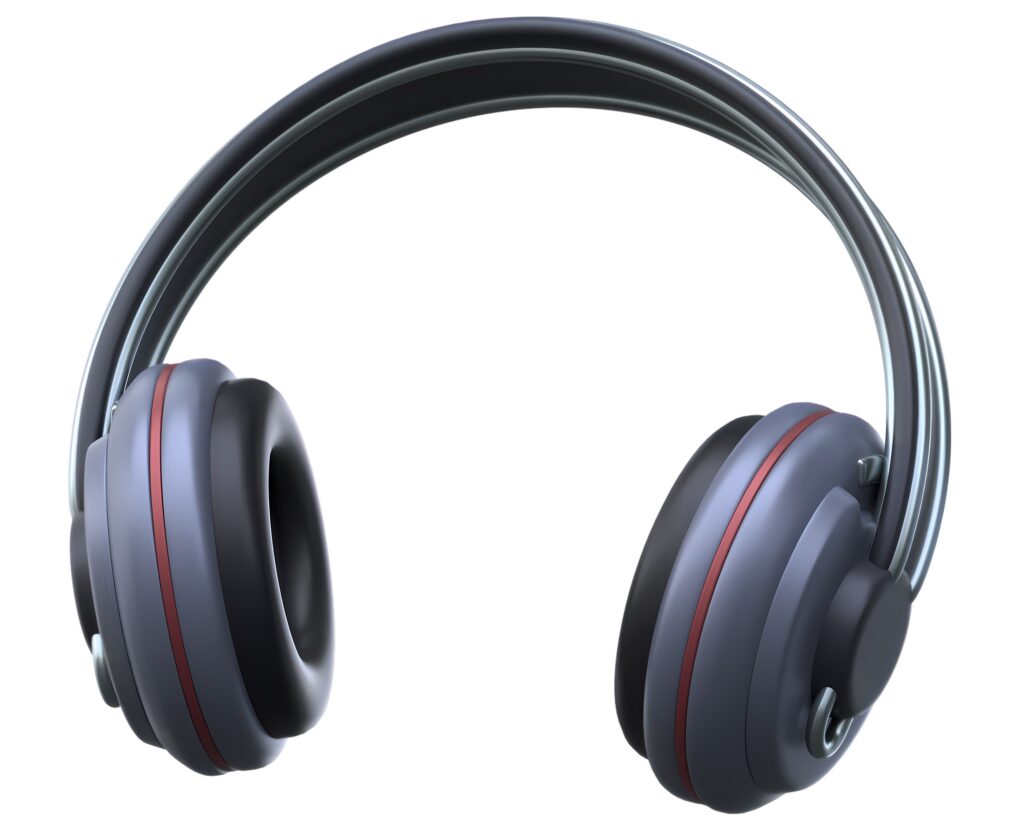When it comes to taking naps I think that there are two types of people in the world , those who do and those who don’t. I’m a doer.
According to the National Sleep Foundation, more than 85% of mammalian species are polyphasic sleepers, meaning that they sleep for short periods throughout the day. Humans are part of the minority of monophasic sleepers, meaning that our days are divided into two distinct periods, one for sleep and one for wakefulness. It is not clear that this is the natural sleep pattern of humans. Young children and elderly persons nap, for example, and napping is a very important aspect of many cultures.
My first naps took place when I was a baby. While I don’t recall the actual details of my infancy, I expect that this was true. Through observation throughout my life, and my own experience with my children and grandchildren, babies have a short “to do” list. In a perfect world they are happy when they eat, sleep/nap, excrete, and smile/coo. Most also cry when they are tired, hungry, soiled, or upset. A logical parallel analogy.
My first conscious recollection of napping took place in Kindergarten. They called it “taking a rest” but mine very definitely involved a nap. Each child was required to bring a “rug” to school so the “rug” could be laid out on the floor. We lied down on our rugs for the rest period. While I don’t expect that everyone enjoyed the activity, I did. I very definitely believe that my Kindergarten teacher, Miss Smool, loved it. It was a fifteen minute break from the 68 kids in her classroom.
I didn’t like taking naps while I was home from school in the summer. Naps cut into my play time. My mom required them anyway. Later in life I recognized that she needed the same type of break that the beautiful Miss Smool required. As I got older my mom required me to “pretend” to take a nap at the same time that my sisters napped. Once they were out, I could get up. We followed that same protocol on evenings that we had babysitters. We all went to bed at the same time, but I got up when then fell asleep. That was probably the only benefit to being the older brother.
I didn’t nap much during my junior high and high school years. I had too much to do and didn’t want to miss anything by sleeping through it. As a got older I did “sleep in”. Sleeping in was an acceptable practice as I was a “growing boy” and “growing boys” need their sleep. Upon occasion I used my “growing boy” status to avoid certain activities. If the family was planning an early morning week-end day trip to visit someone who I didn’t care to visit, I slept in. And while I’m not proud to admit this publicly, I avoided attending church several times through this same technique.
The only instances that I recall napping during my high school years was during study hall. I opened my book, stood it up on end, put my head down behind the book, and fell asleep. More than once I had to wipe a pool of drool from the study table with my shirt sleeve before moving on to my next class. I’m not bragging – just reporting.
College was a different story. I napped a lot. I slept in my room between classes, in the student union (see the study hall drool reference for further clarification) and, occasionally, my naps were alcohol induced. (This never occurred until I was twenty-one.) My naps in the student union were often interrupted by security personnel who may have looked upon the habit as a form of homelessness or loitering. We never discussed this in detail. I was just told to “move along”.
I counter acted this security officer interruption by becoming an officer on the Student Union leadership board. My junior year I followed in the footsteps of my cousin, Ruth Ellen, and become the Recreation Director for the Union. The Student Union was a place – not an organization like the Teamsters. My senior year I became President of the Student Union. For those two years I had an office where I could take a nap. That leadership perk helped me outsmart the campus security.
Many of my college roommates were nappers too. My first roommate, Don, became nocturnal. He covered the windows of our dorm room with several layers of newspaper so that he could sleep during the day. He studied at night after most of the rest of the world had gone to sleep. This experiment lasted a few weeks and may have been influenced by the fact that he was raised on a dairy farm in Wisconsin. I expect that dairy farmers have different sleeping habits than city kids from Royal Oak.
When I entered the world of work my napping became more scheduled. The first thing that I did when I got home from teaching and principaling (sic) was to take a short nap. When our first child was born, I came home from school, lied down on our perfect “nap couch”, placed him on my chest and fell asleep. Those were the best naps of my life. After 46 years of marriage, and two reupholstering jobs, we still own the “nap couch”.
I must admit that after the our children got older, my napping subsided. I just didn’t have the time. I had to reestablish my priorities. Making sure that we had happy, healthy kids took precedent. I don’t have hostile feelings towards any of my children for cutting into my nap time. Having children was a choice and if you’re gonna play, you have to pay.
When I became superintendent many of my days lasted into the night. When I first took the job school board meeting nights often lasted until 11:00 p.m. or later. I didn’t like it, but it was their meeting. When I knew that I was staying later for whatever reason: board meeting, band concert, school play, athletic event, negotiations, etc., I took a quick nap. I loosened my tie, tilted back in my chair, put my feet up on the desk, and nodded off for ten – twenty minutes. After that I was ready to go.
I’ve been “retired” for ten years. A portion of several of my retirement days have been taken up with a nap. Not everyday, but several. We have a massage chair. I set the massage for thirty minutes and nod off. I get muscle relaxation and a break from fatigue in one compact block. Waste not, want not.
 As I learned from the National Sleep Foundation, the United States appears to be becoming more and more sleep deprived. And it may be our busy lifestyle that keeps us from napping. While naps do not necessarily make up for inadequate or poor quality nighttime sleep, a short nap of 20-30 minutes can help to improve mood, alertness and performance. Nappers are in good company: Winston Churchill, John F. Kennedy, Ronald Reagan, Napoleon, Albert Einstein, Thomas Edison and George W. Bush are known to have valued an afternoon nap.
As I learned from the National Sleep Foundation, the United States appears to be becoming more and more sleep deprived. And it may be our busy lifestyle that keeps us from napping. While naps do not necessarily make up for inadequate or poor quality nighttime sleep, a short nap of 20-30 minutes can help to improve mood, alertness and performance. Nappers are in good company: Winston Churchill, John F. Kennedy, Ronald Reagan, Napoleon, Albert Einstein, Thomas Edison and George W. Bush are known to have valued an afternoon nap.
You can add me to that prestigious list.

